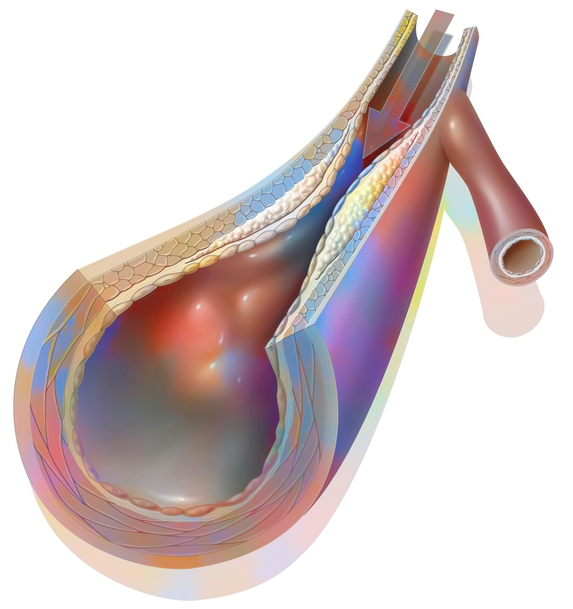The Ministry of Food and Drug Safety (MFDS) said on Thursday that it has designated the Z-med Ⅱ Percutaneous Transluminal Valvuloplasty Catheter, a balloon-expandable valve catheter, as a rare medical device to aid patients who require an aortic valve replacement.

Similar to orphan drugs, rare medical devices are designed to treat small patient populations of 20,000 or fewer individuals. The MFDS grants this designation when there is no existing treatment or diagnostic method available in Korea, or when a device is deemed to have significant utility value.
The device is used to pre-expand a calcified aortic valve or install an artificial valve in the affected area and post-expand it during a procedure to replace the aortic valve by inserting it percutaneously without an open chest or heart.
The latest statistics show that around 1,000 patients in Korea undergo transcatheter aortic valve replacement annually. Among them, approximately 200 patients with severe valve stenosis require the use of a balloon-expandable catheter.
As a result of receiving the rare medical device designation, the Z-med Ⅱ Percutaneous Transluminal Valvuloplasty Catheter is eligible for an expedited review process. This can lead to a 50 percent reduction in the processing period for approval. Furthermore, the clinical data collected during its use will be utilized to accelerate the device's approval.
"Aortic valve stenosis is a serious disease that requires surgical valve replacement or percutaneous aortic valve implantation," said Professor Bae Jang-whan who serves as the President of the Korean Society of Cardiovascular Intervention. "We welcome the designation of this product as a rare medical device, which will make it safer and easier to insert the aortic valve during surgery for patients with severe stenotic valves."

